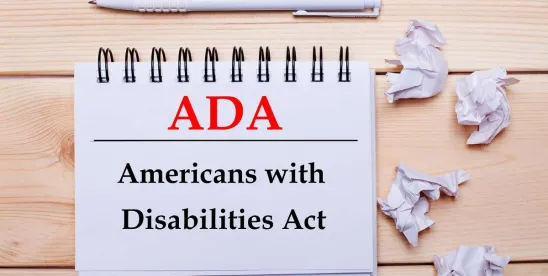In Acheson Hotels, LLC v. Laufer, the Supreme Court was set to consider whether a consumer could sue hotels whose websites failed to state whether they have accessible rooms for the disabled as required by the ADA, even if the consumer did not intend to visit the hotel.
Prior to the hearing, the consumer abandoned her case. While the Court did not have to review the matter after this, Justice Thomas went ahead and issued advisory language criticizing ADA testers who seek to vindicate the public interest by “surf[ing] the web” to ascertain ADA compliance of facilities they do not intend to visit and obtain monetary settlements from businesses seeking to avoid substantial defense fees, all without being bound by the limits of prosecutorial discretion required of a government official. Thomas concluded that the consumer would not be able to bring suit because the alleged barrier on the website caused her no harm and that her “testing” activities went far beyond what Congress envisioned when enacting ADA Title III.
This commentary should be helpful to restaurants facing ADA claims.



 />i
/>i

